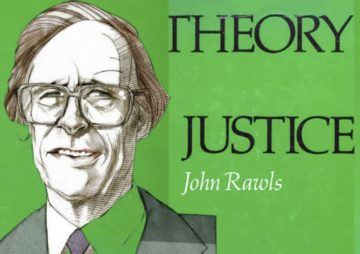Charles Blattberg in The Hedgehog Review:
 Imagine someone told you that politics is a “great game,” that when citizens respect just principles, they do so “in much the same way that players have the shared end to execute a good and fair play of the game.” You would probably wonder if they meant it, if they really believed that civic duties resemble those acquired when “we join a game, namely, the obligations to play by the rules and to be a good sport.” You would because, for most people, politics is a serious business.
Imagine someone told you that politics is a “great game,” that when citizens respect just principles, they do so “in much the same way that players have the shared end to execute a good and fair play of the game.” You would probably wonder if they meant it, if they really believed that civic duties resemble those acquired when “we join a game, namely, the obligations to play by the rules and to be a good sport.” You would because, for most people, politics is a serious business.
No doubt, this is because the stakes are so high: Political decisions can affect how millions live or die. That is why we also take war so seriously. Today, it seems astonishing that nineteenth-century Prussian military theorist Carl von Clausewitz felt it necessary to insist, in his canonical work On War (1832), that “war is no pastime; it is no mere joy in daring and winning, no place for irresponsible enthusiasts. It is a serious means to a serious end.” Especially since the devastations of the twentieth century, we have had no need of such an admonition.
Then why have so few objected to the Rawlsian metaphors that I just quoted? John Rawls (1921–2002) was the most important political philosopher of the previous century, and perhaps even of this one. Yet he was also someone for whom the good of justice was “no more mysterious than that members of an orchestra, or players on a team, or even both teams in a game, should take pleasure and a certain (proper) pride in a good performance, or in a good play of the game, one that they will want to remember.” How can this be?
More here.
